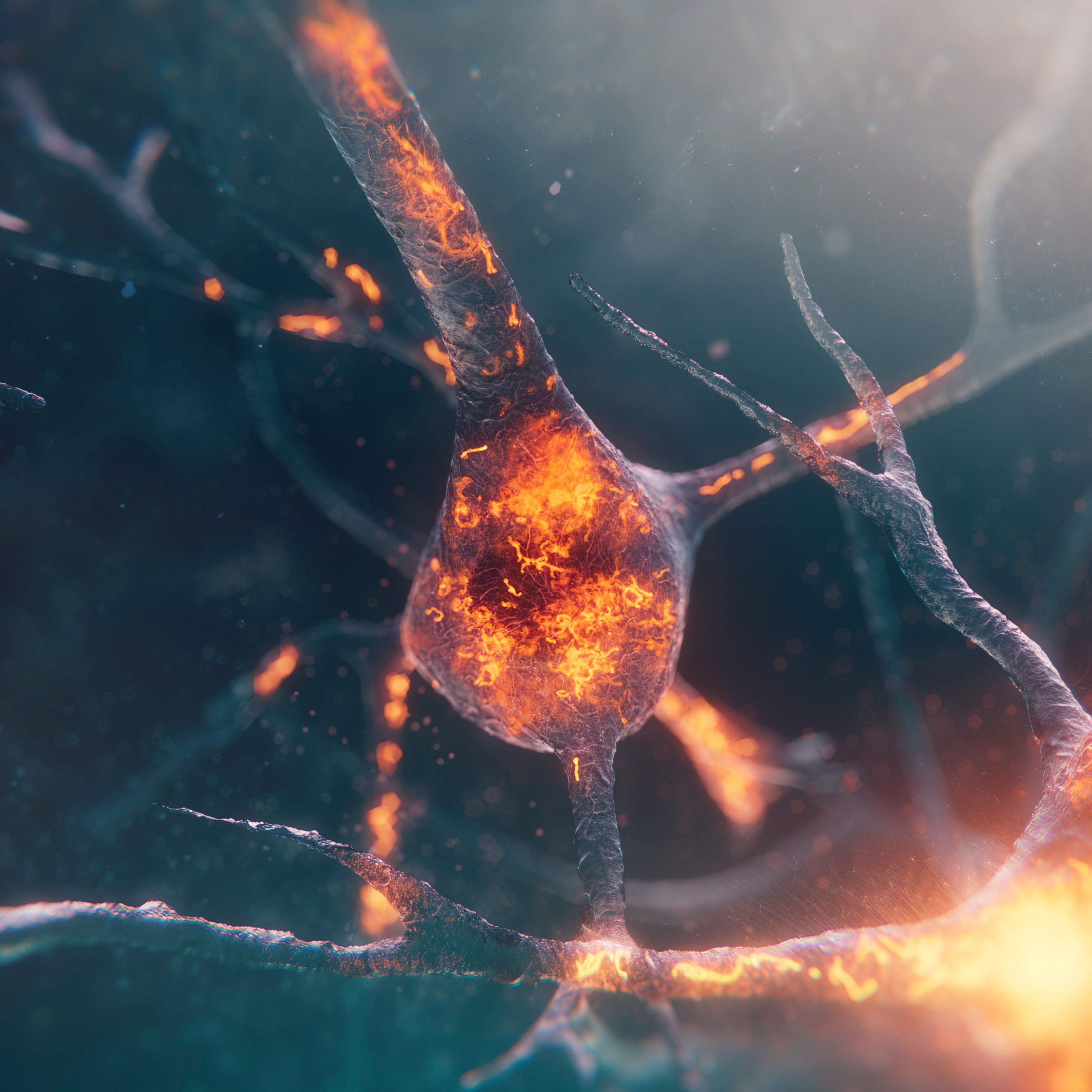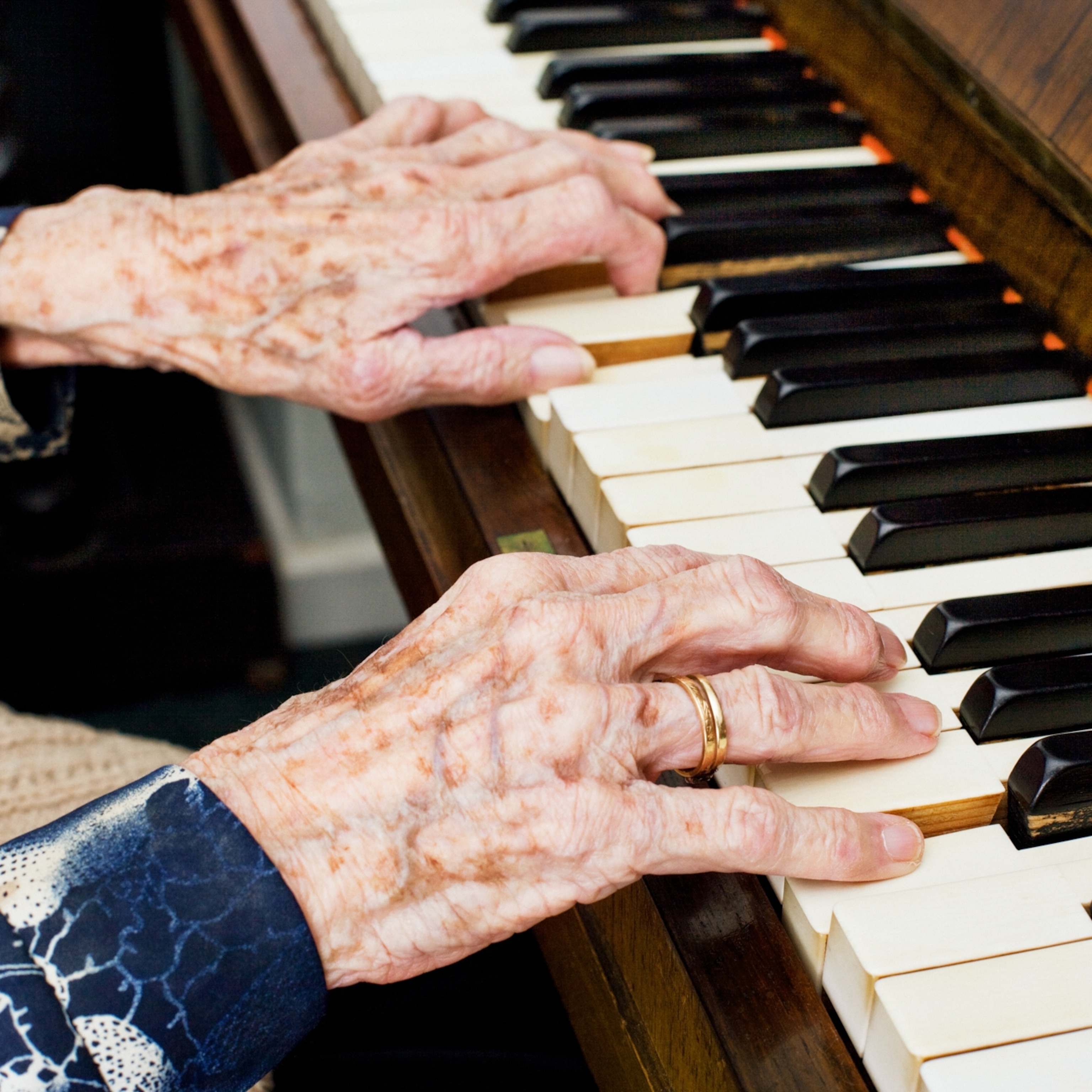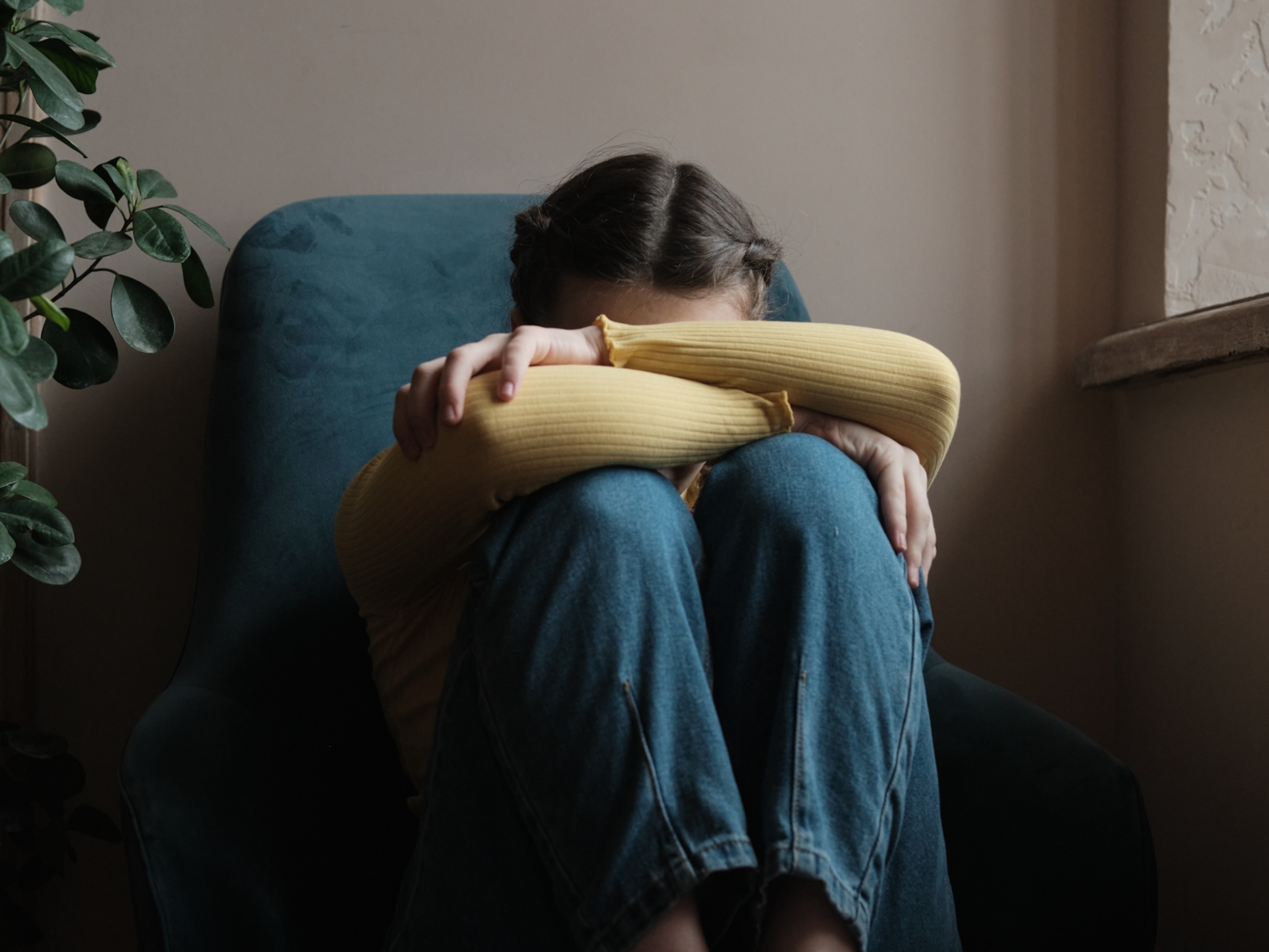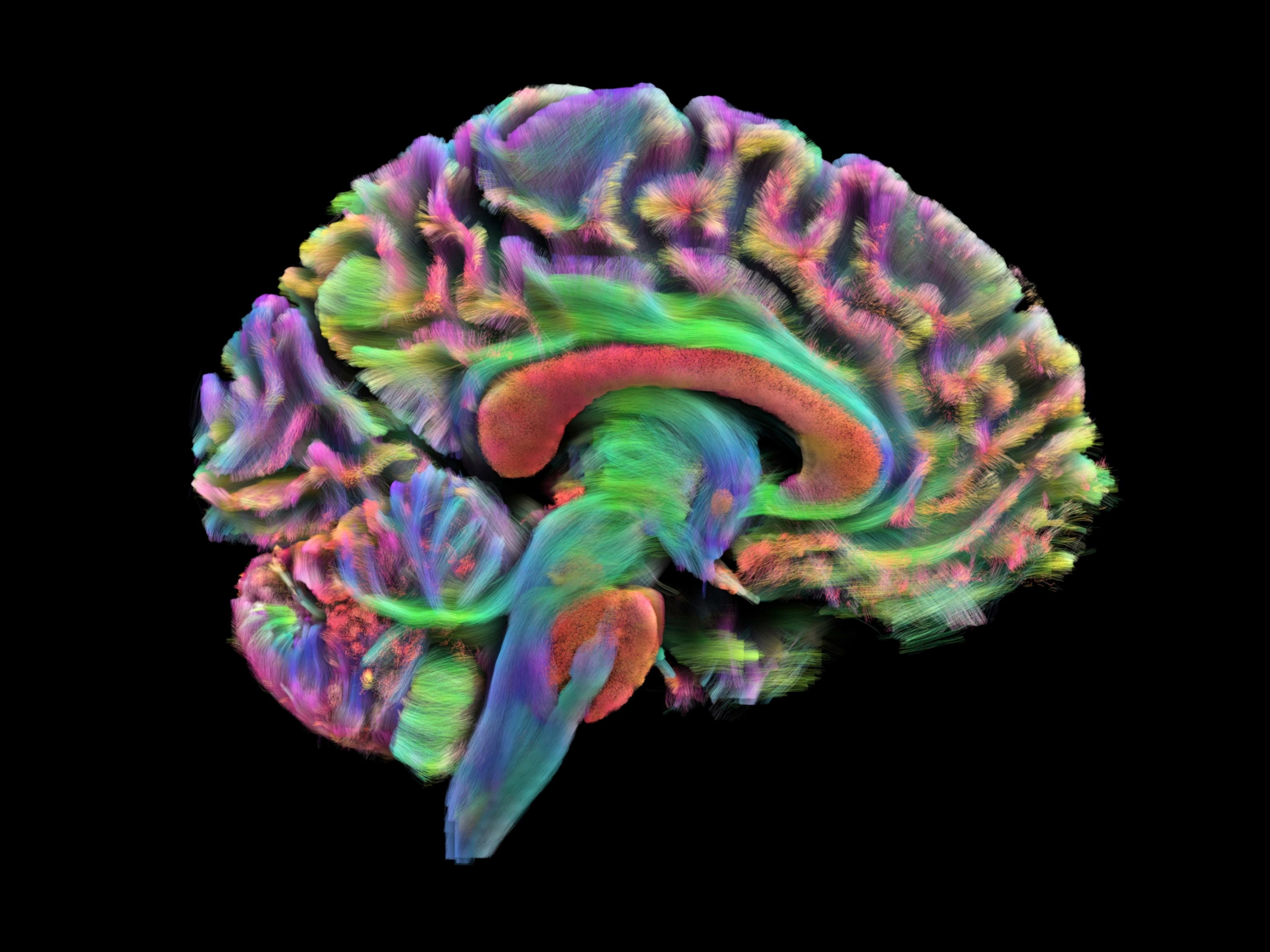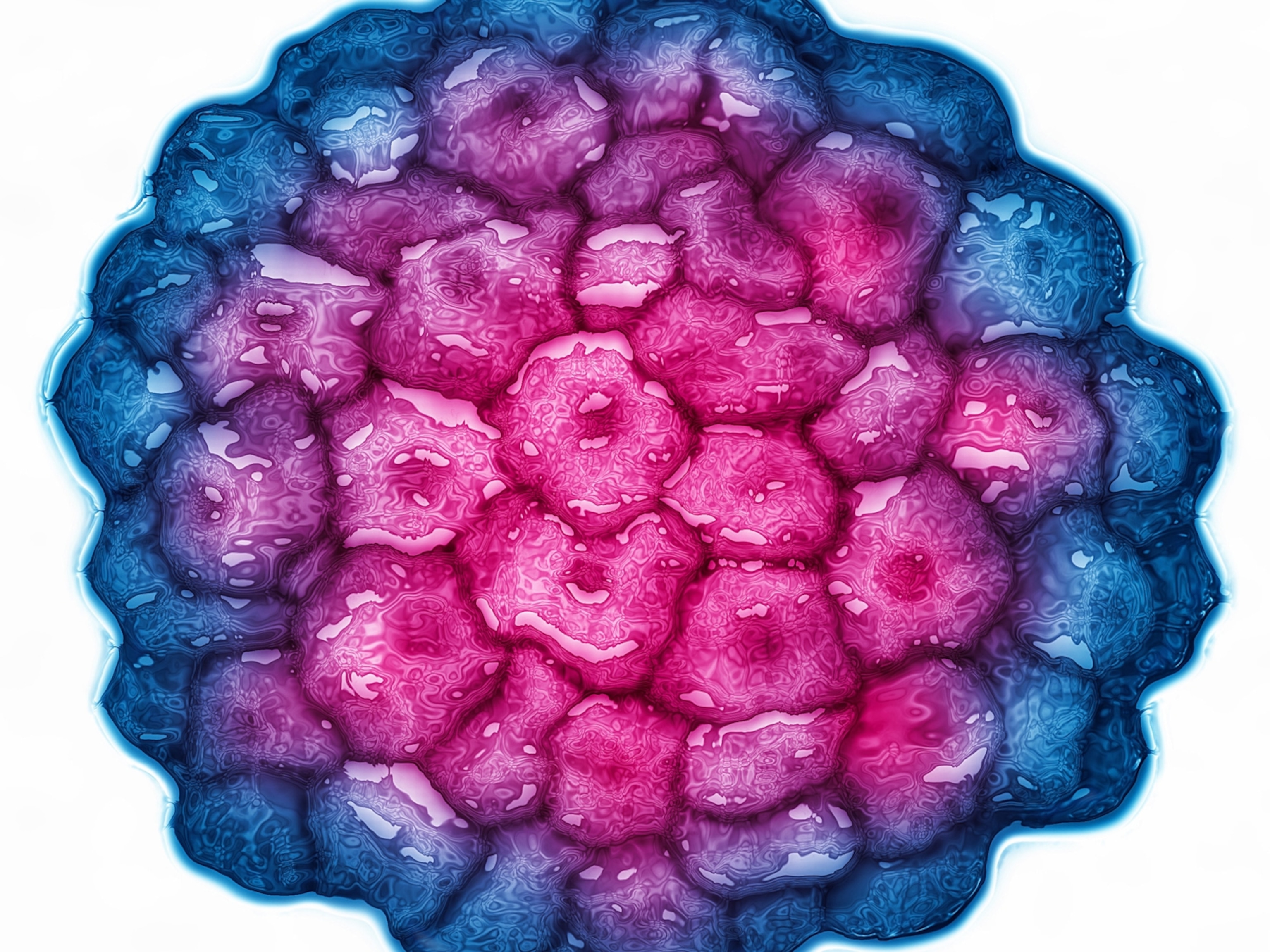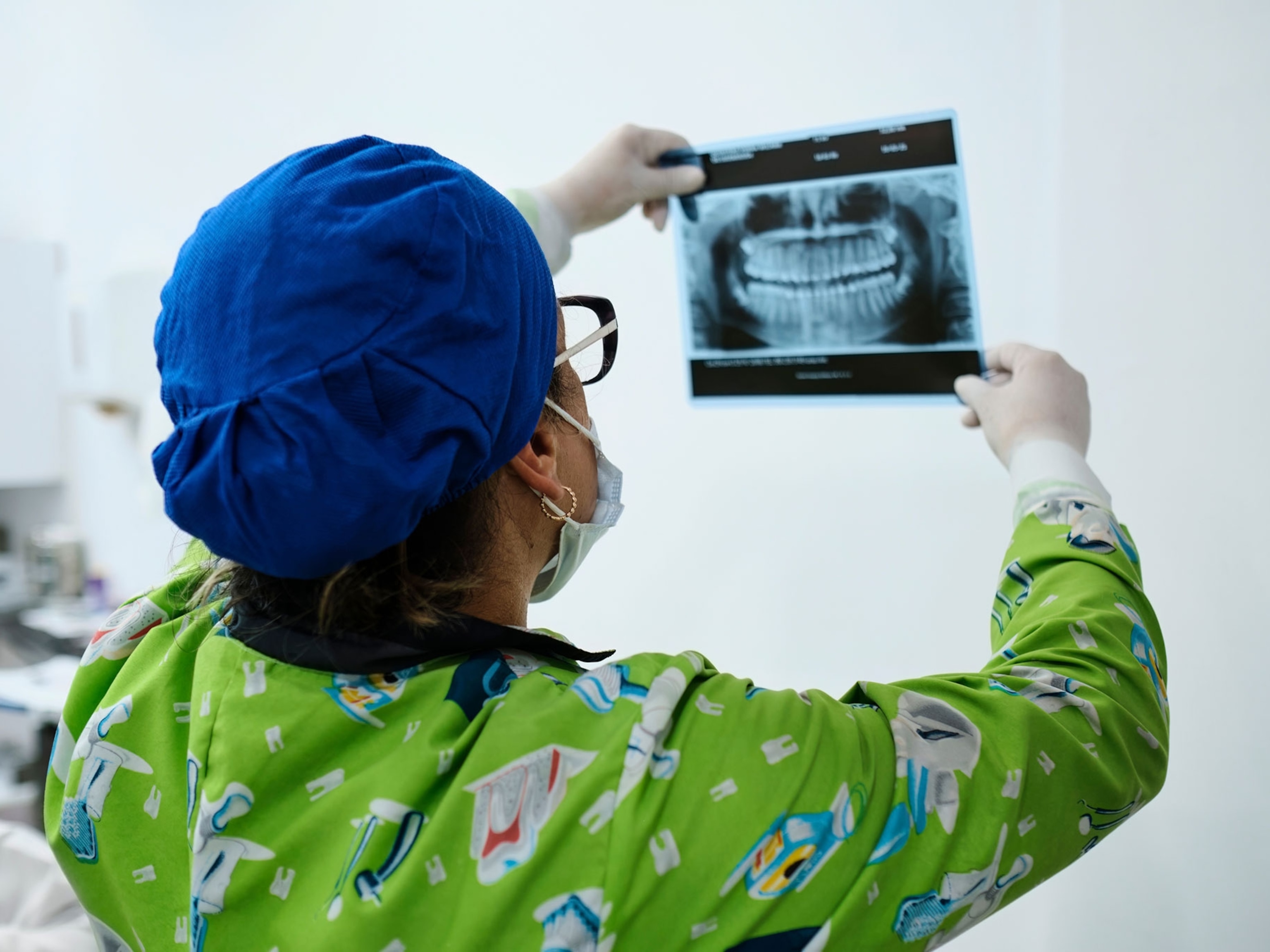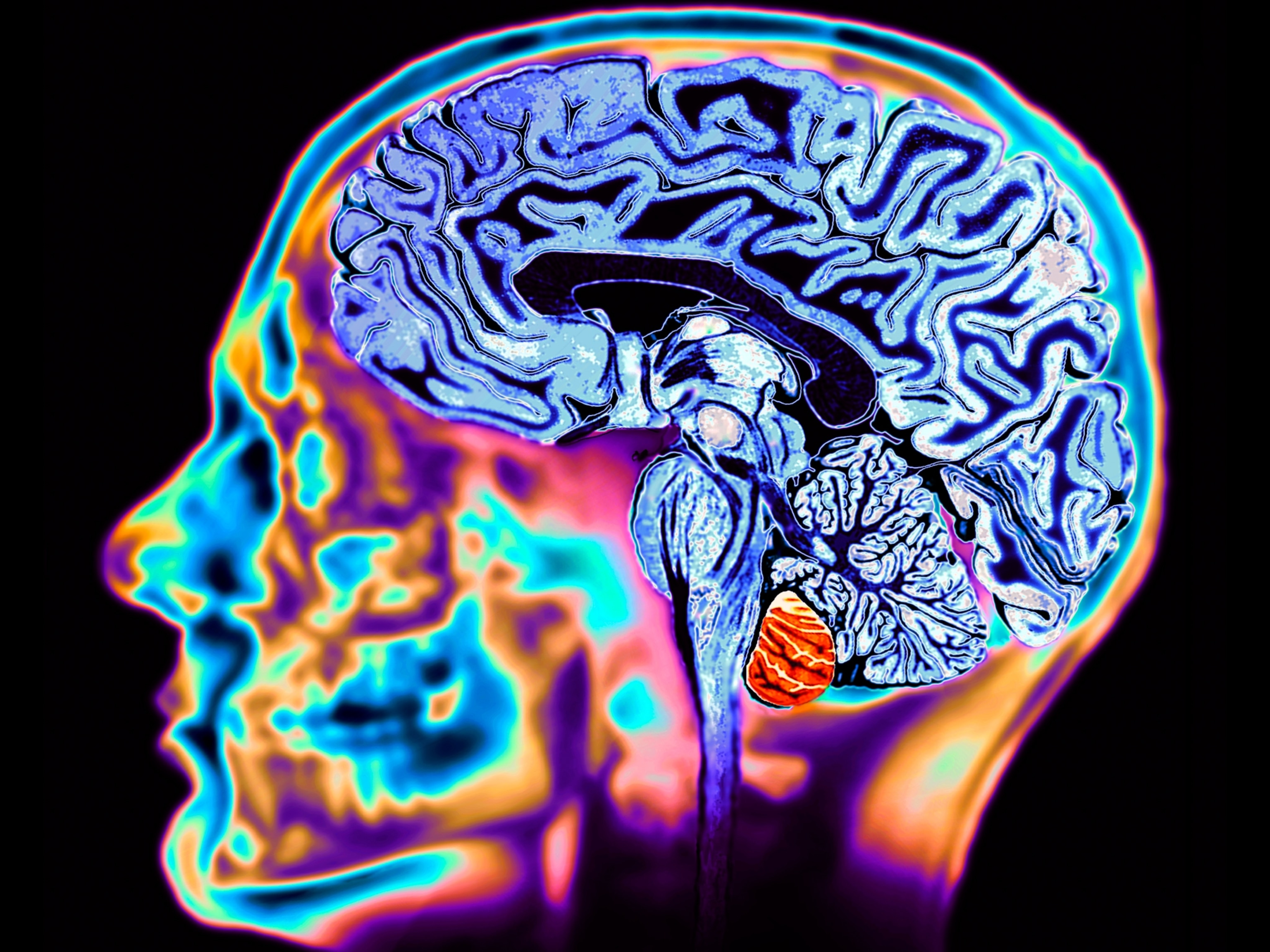Chris Hemsworth on reminiscence therapy and an epic road trip with his father
The actor talks to National Geographic about taking the journey of a lifetime to help reawaken old memories.
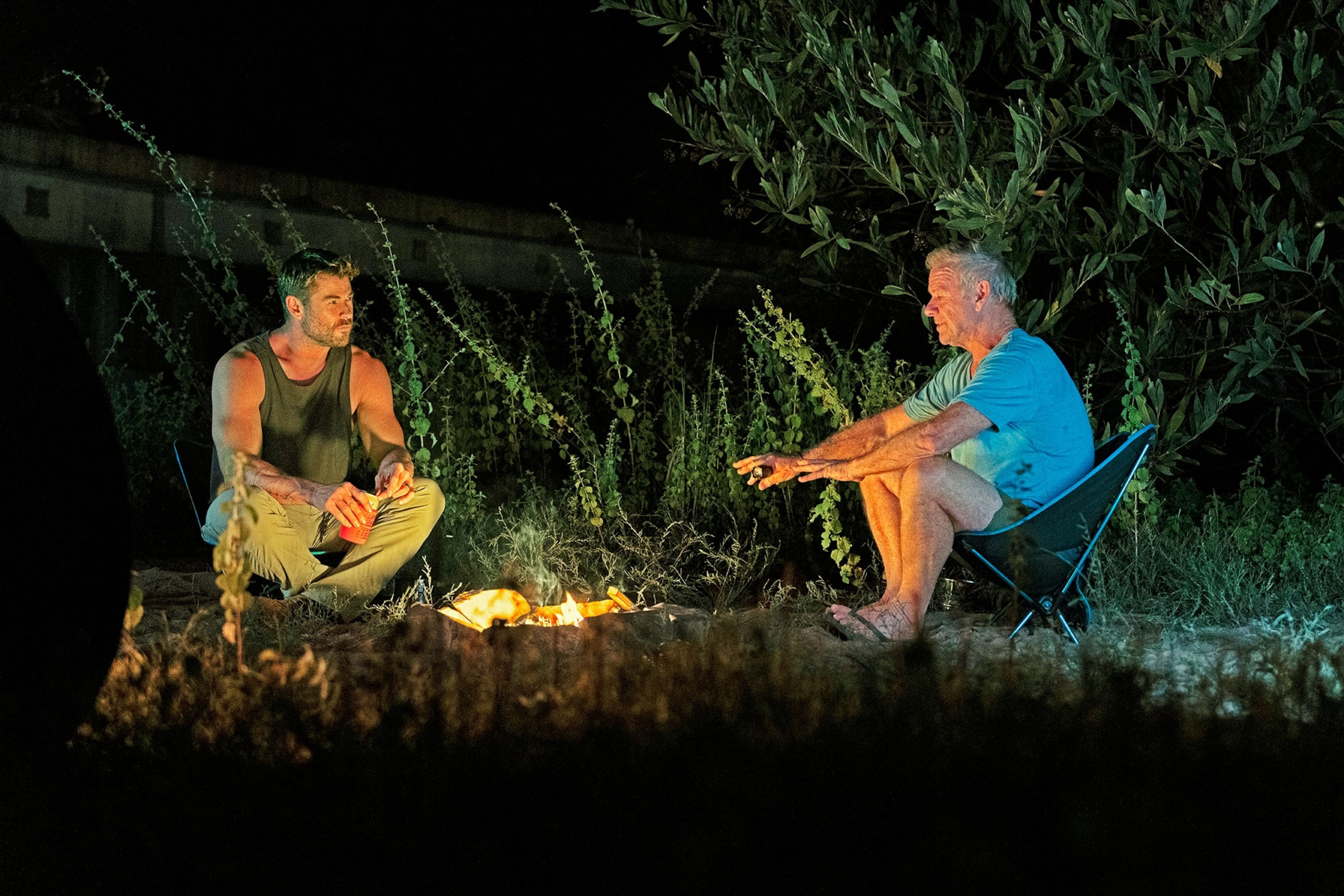
Chris Hemsworth doesn’t give in to fear—or at least it seems that way. The action star spent his childhood adventuring around the Australian outback, and now, he even does some of his own stunts in his movies. He’s climbed the vertical surface of a dam, trained with elite military teams, and watched his kids take death-defying jumps on their dirt bikes, channeling any anxiety he might feel along the way into a little extra grit.
But true bravery lies in vulnerability and confronting our deepest fears, which are often more mental than anything else. Hemsworth is now leaning deep into that vulnerability, facing the fear that many people have of losing memory—their own, or that of their loved ones.
During the first season of his National Geographic docuseries, Limitless, Hemsworth learned that he inherited two copies of the gene variant APOE4. There are three naturally occurring versions of the gene APOE, but about 20 percent of the human population has one copy of APOE4, which increases the risk of Alzheimer’s disease by two to three times. Two to three percent of people have a double dose of the gene variant, according to Stanford Medicine, which increases the likelihood of developing the disease by eight to 10 times. Hemsworth has also revealed that one of his grandparents suffered from Alzheimer’s.
Now, in his new documentary, A Road Trip to Remember, Hemsworth opens up about his father's own cognitive decline. After consulting with neuroscientists about a technique called reminiscence therapy, Hemsworth and his dad take a motorcycle tour, traveling around their old stomping grounds in Australia. Together, they recover and relive memories before they can disappear.
National Geographic recently sat down with Hemsworth to talk about his father-son journey and everything he’s learned about reminiscence therapy.
This interview has been edited for length and clarity.
A Road Trip to Remember was deeply personal for you and your family. Why did you decide to create it?
After doing the first season and talking about my genetic makeup that put me in a category where I was at a higher risk of Alzheimer's, I had such positive feedback from people who either knew someone who was experiencing cognitive decline or Alzheimer's and dementia, or themselves were experiencing that and going through it.
I was talking to my dad about it, who has been diagnosed with Alzheimer's. We discussed a few times about potentially examining this further, going on this road trip, and looking at the science around connected relationships and reminiscence therapy. He was really interested and really enthusiastic about the idea; I think it may have given him some agency in the entire space for the first time. He wanted to put awareness around the issue and offer up some advice or information that may help people make some different decisions or deal with this type of diagnosis.
He and I hadn't actually spoken about it that much, funnily enough. It was not out of avoidance, but out of not really knowing how to broach the subject—maybe there was some sort of resistance to the truth of what we're facing as a family. I was definitely anxious about the whole thing, but [also] fueled by his enthusiasm for it. I found it quite deeply personal and profound.
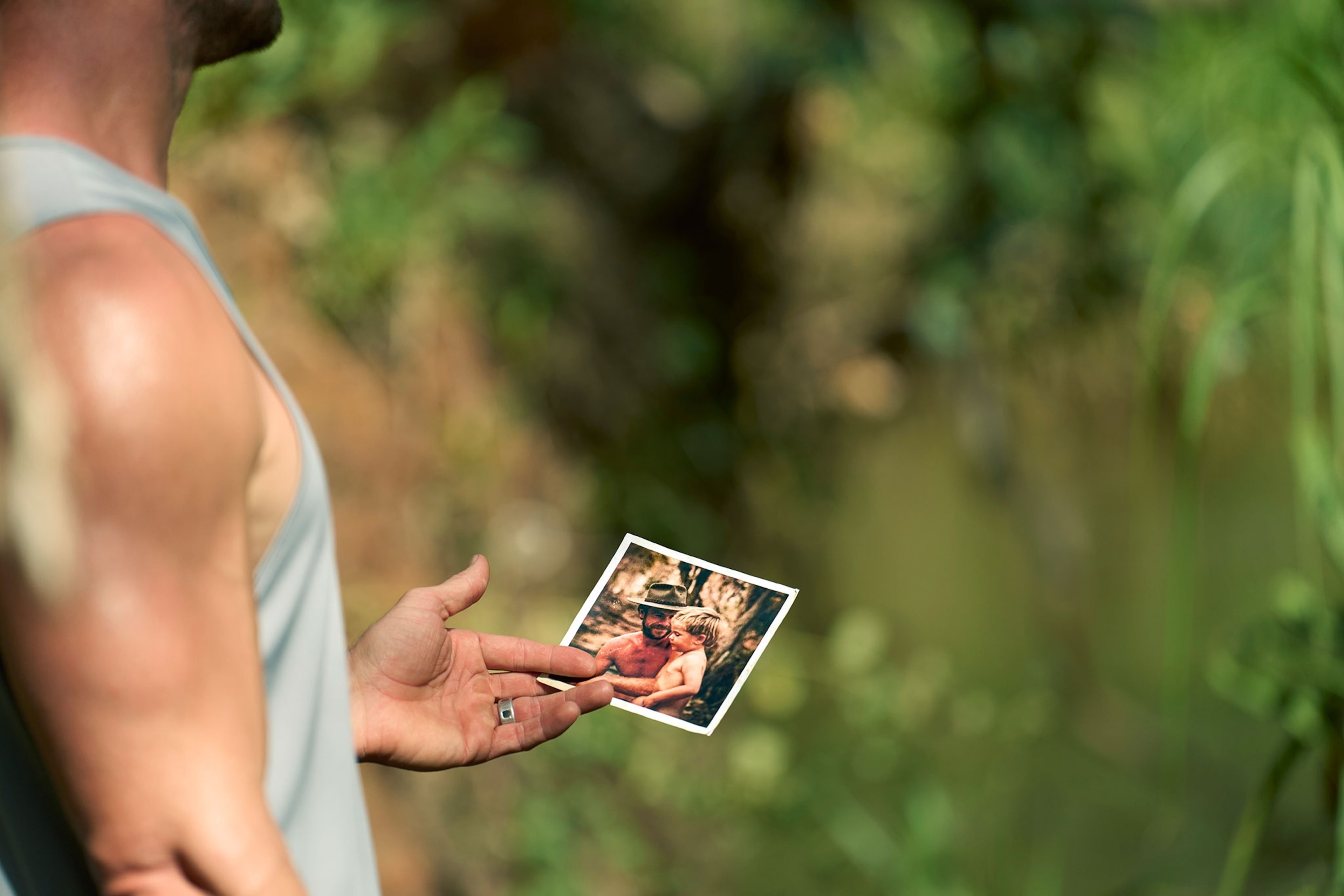
In the episode, you went on a motorcycle trip to places where you spent your childhood. How does stimulating a loved one's memories help them with cognitive decline?
One of the worst things to do is have patients be completely isolated, which is essentially what the brain is doing. It's trying to shrink its world down, and with that comes depression, anxiety, and resistance against exploration of new things. It becomes about what's familiar.
The science around reminiscence therapy is stimulating the hippocampus, which is the same part of the brain that Alzheimer's and dementia attacks. So, by revisiting old memories, it helps build resilience protection, in a way. Reminiscence therapy, whether it be looking at old photographs, discussing times from the past, or gathering with friends, is incredibly important, both for the individual who has Alzheimer's, but also for their caregivers.
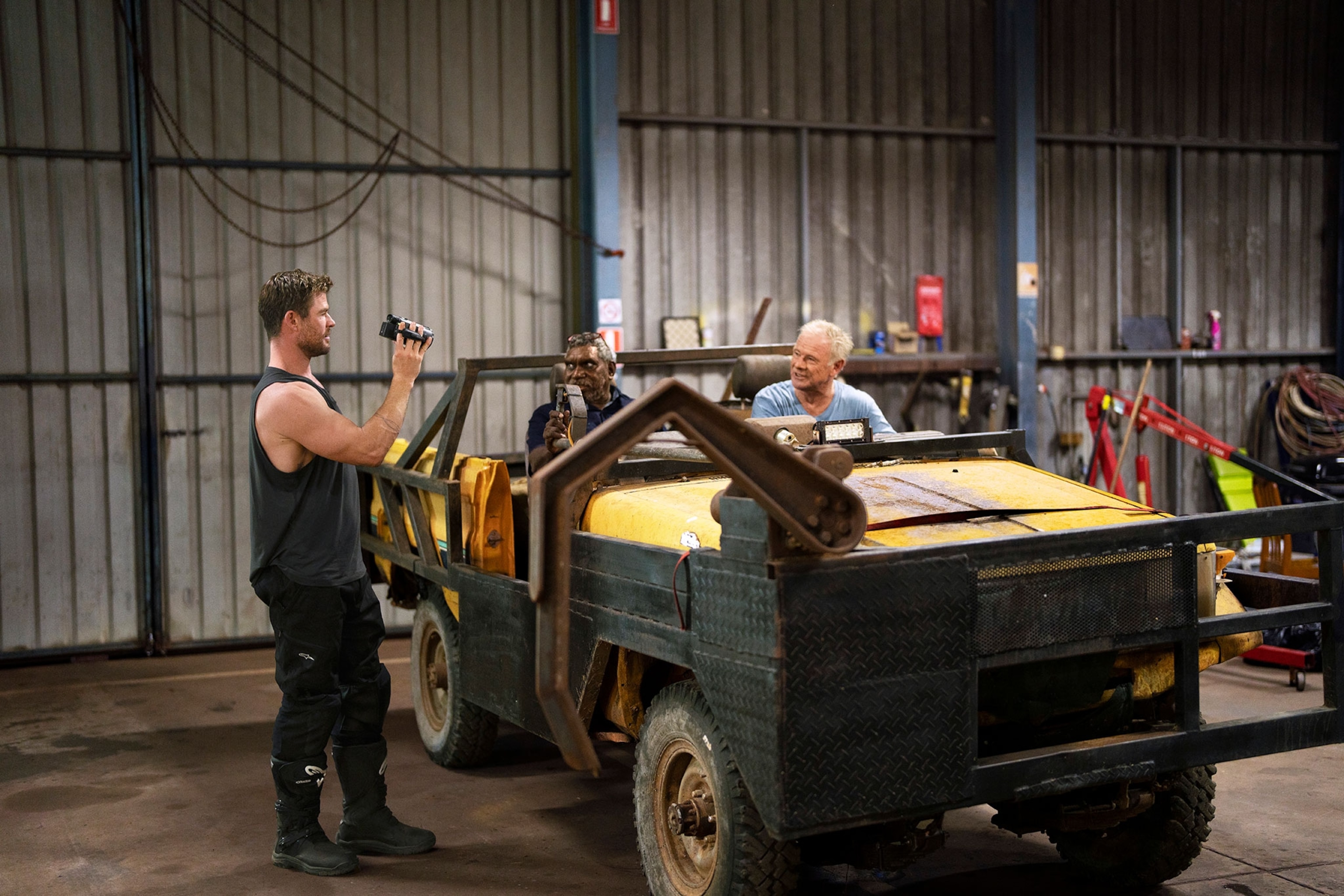
Can reminiscence therapy also help the patient’s loved ones deal with the disease?
Anything that can lighten the load and offer up a potential experience that may slow the decline down is a fantastic thing. But also, you know, what else are we here for, if it's not connection?
As someone's memory is being taken away, it's just as tragic for the loved ones and the caregivers as it is for the individual. I think [it’s great] to just remind each other of the importance of what we've all been through together and these positive times we've shared, and how lucky and fortunate we are to have had those. And I think to concentrate not on what's being lost, but what we have shared, is also really important.
I'm sure I’ll look back in many years and be very thankful to have this documented road trip that we embarked on.
Are there any areas of research into cognitive decline that give you hope right now?
People are racing to try and figure this out, and whoever does will probably win a Nobel Prize. The biggest thing that you can definitely do right now in this space—this is proven—is [work on] your health and wellness. Focusing on your nutrition, mindfulness practices, learning a new instrument or a new skill, continuing to stimulate the brain and have it seek new understanding, and doing things that are challenging. The benefit is building parts of the brain that are attacked by Alzheimer's.
I wish I had the magic pill and the answer for one type of medication that was going to solve it, but I think applying all the things that we know definitely have an effect.

